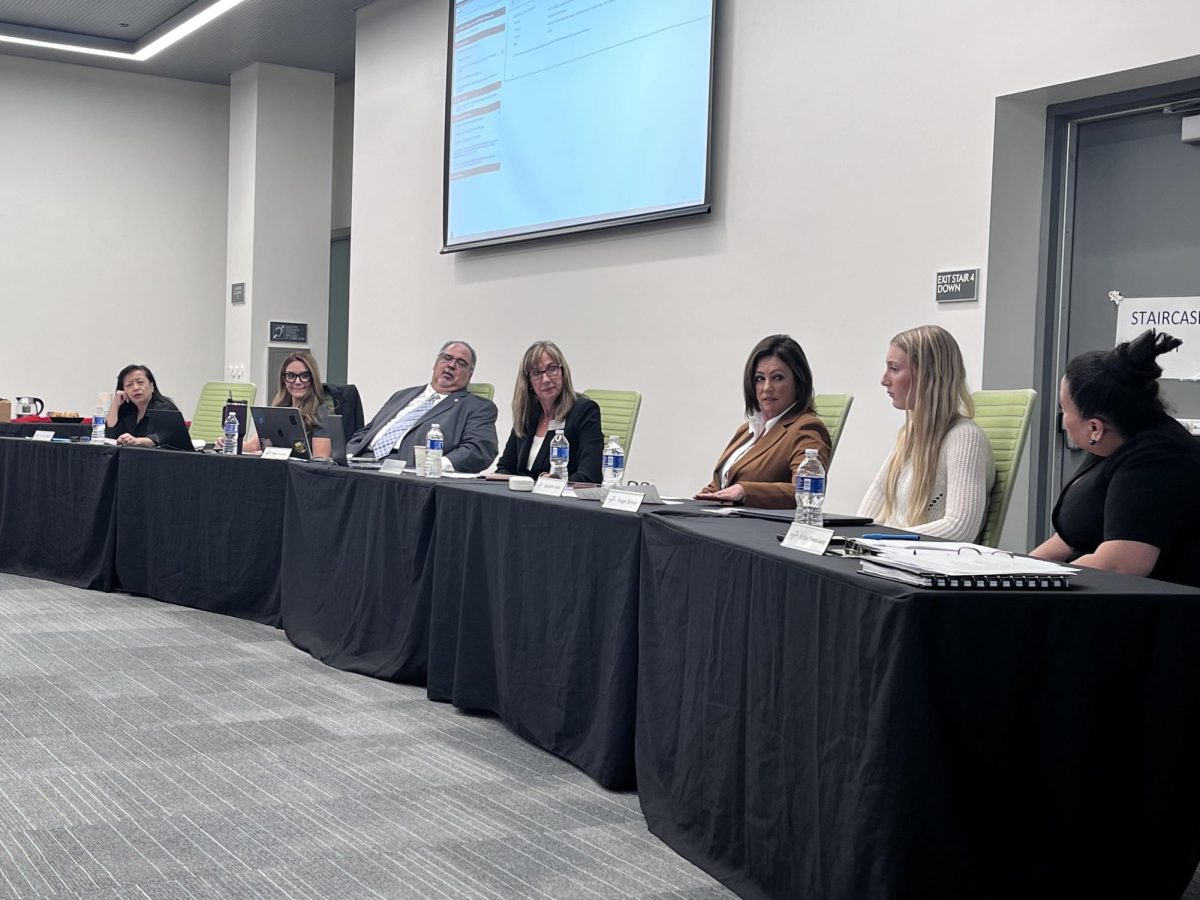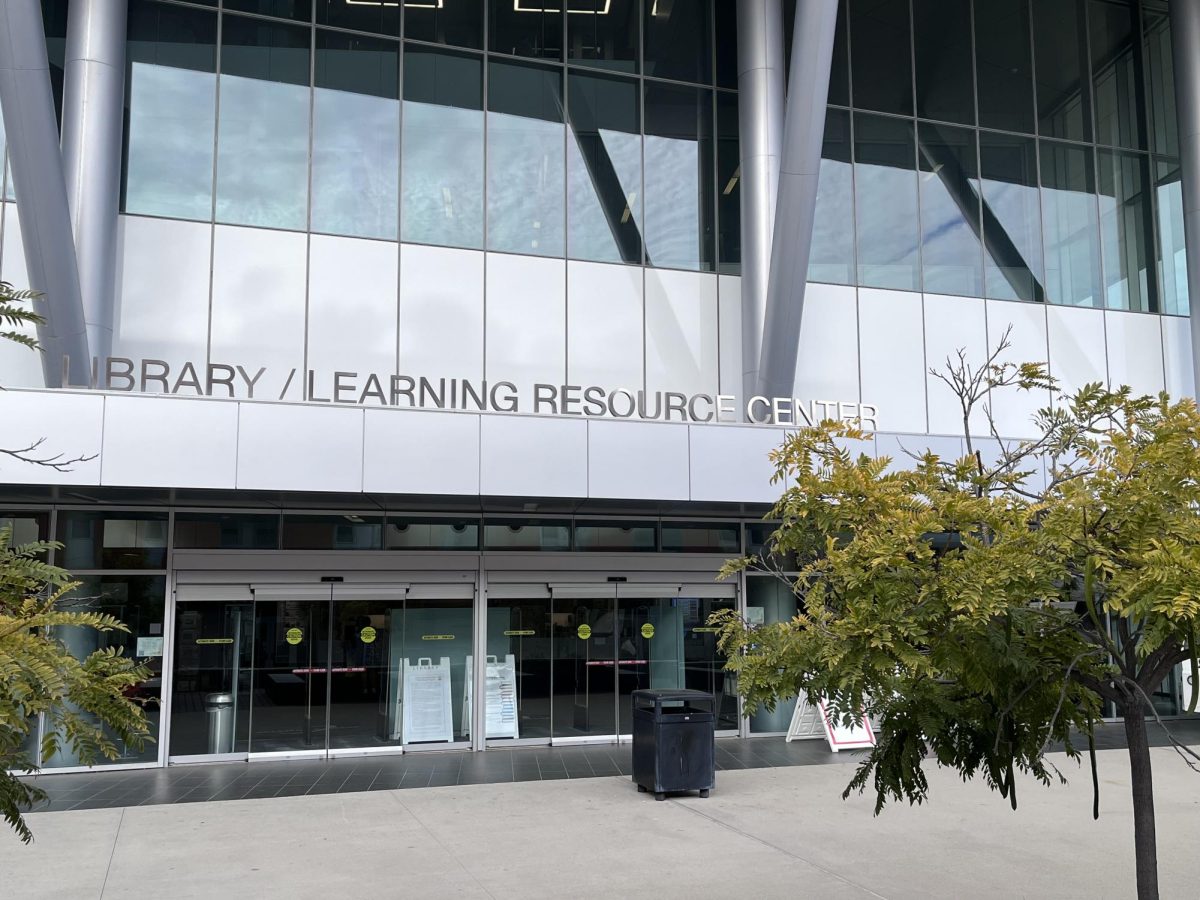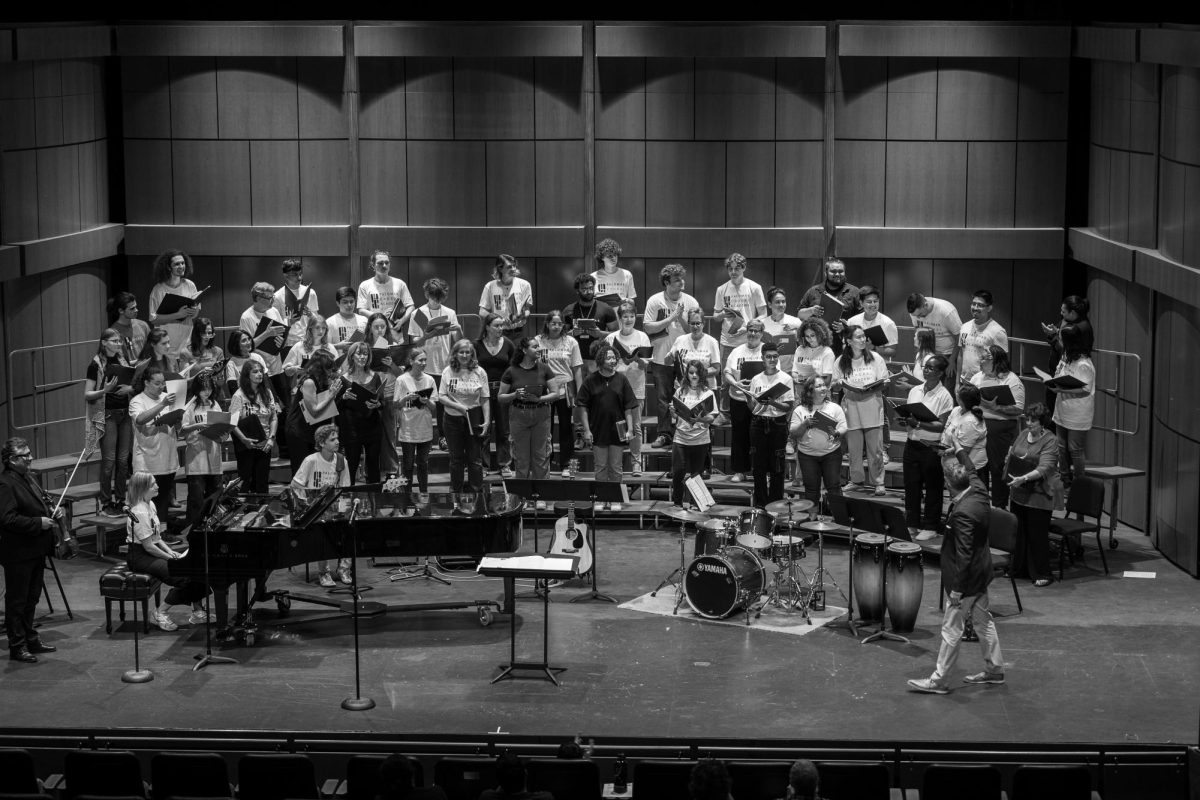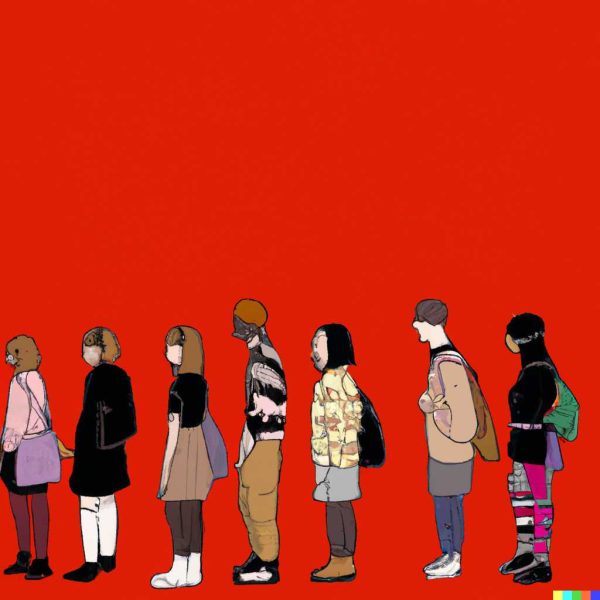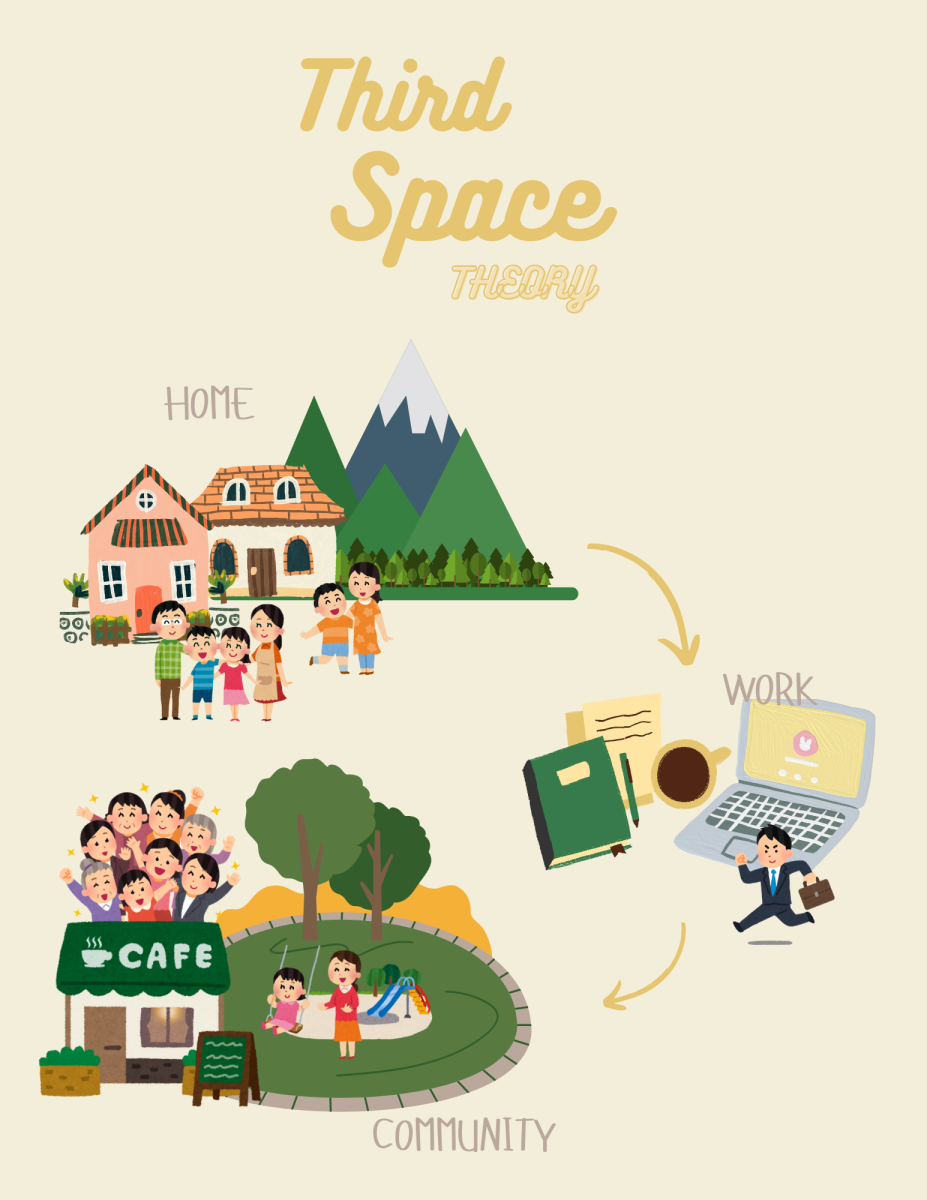Minimum wage provides economic care to workers and provides an access to consumer products, however, it also brings its own consequences.
The California Fair Wage Act of 2016 seeks to increase the minimum wage to $15 per hour; that is both good and bad. Good in the sense that it will allow for the worker to obtain more and even have a better life quality. Bad in the sense that those jobs could be automated in the future.
The CEO of Carl’s Jr., Andy Puzder, said in an interview with Forbes, “Try a $15 minimum wage and see those jobs get automated out of existence.” This represents a problem for both workers and even executives within the enterprise as it could further replace jobs within the executive order and also, affect the quality with which they produce their goods.
To illustrate this further, let’s take a look at what it does to our economy. If the fixed set of consumer products, such as: clothing, food, transport, education, entertainment, go up due to the increase of the minimum wage, then there is an evident problem of inflation.
Inflation is occurring due to the increased wages for workers. Therefore, the economy is becoming unstable and everything is becoming less affordable.

Researchers at the Federal Reserve Bank of Chicago and the Department of Agriculture published a study, based on data retrieved from the Consumer Price Index, that found that a 10 percent increase in the minimum wage raises the overall restaurant prices up to 0.7 percent.
In an interview with the L.A. Times, ARGYLE Haus of Apparel, based in San Fernando, Calif., expects to move to Las Vegas where the minimum wage is $8.50 and the expenses are lower.
There is yet another factor that also affected by an increase in the minimum wage, the housing market.
According to the California Housing and Community Development Department, 1 in 3 Californians pays more than half their income for housing, with less to spend on transportation, education and healthcare or to put into savings.
The price would go up due to the increase of the minimum wage and make those services increasingly difficult to pay for. This situation isn’t going to stop and rents are expected to increase through 2022.
In addition, there is one factor that affects educational institutions and that is the millennials will be interrupting or prematurely ending their formal education due to the increase of a minimum wage. The minimum wage has increased and therefore people decide that they can live with that minimum wage, even though with a college education they could get a better job with a better wage than their previous employment.
Money is not a bad thing, it opens a lot of doors and it a necessary object for us to possess in order to exist in society. However, artificial gains in wages will not solve any answers, it will only lead to lesser education and therefore lesser wealth, leading to an overall poor quality of life.

